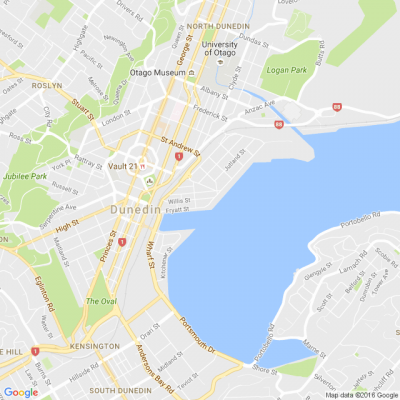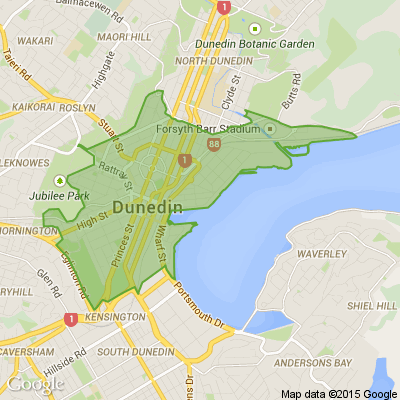The very hungry caterpillars: Hundreds found dumped in Dunedin rubbish bin
From reporter Hamish McNeilly:
In a rubbish bin at a small Dunedin playground was a very big problem.
Inside the bin were hundreds of large monarch caterpillars. A few were able to crawl out before they were spotted.
Nat Russell said she was called to the Hocken St playground, in the suburb of Kenmure, after her sister’s children spotted the escapees.
The monarch enthusiast helped collect some of the caterpillars and then put a plea on social media to rehome them to anyone who had swan plants – a type of milkweed – where the butterflies like to lay their eggs.
She estimated there were “a good few hundred caterpillars” inside the bin.
People came from all over Dunedin to rehome the caterpillars.
“A few died, but almost all were rescued,” Russell said.
The caterpillars were large and entering their final moult, where they find a sheltered site, produce a tightly woven silk mat, and hang downwards until they become butterflies.
“The majority of them were only a few days off becoming monarchs.”
It appeared the caterpillars were dumped along with a container of food scraps, which was tied up in a jersey.
Jacqui Knight, who founded the Moths and Butterflies of New Zealand Trust almost two decades ago, said it was the first case of mass monarch caterpillar dumping she had heard of in New Zealand.
“I presume they had run out of food and [whoever had them] didn’t know what to do with them.”
While it was “wonderful” they were rescued, it was a shame they were dumped in the first place, she said.
A shortage of swan plants was often an issue for those with very hungry caterpillars, which could eat 2700 times their birth weight in just over a fortnight.
To counter that problem, Knight recommended people with an excess of either caterpillars or swan plants join the Monarchmatchmaker group on Facebook to “share the love”.
“It is a bit like Tinder, but for butterflies.”
Part of the issue was that some nurseries had stopped selling swan plants because some had been sprayed with pesticides.
Instead, people wanting to attract monarchs were encouraged to grow swan plants earlier in the season and let them get to full size in their garden.
Having monarchs, considered a native in New Zealand, helped show children the various stages of an insect’s life cycle and “feeds their curiosity”, Knight said.
⚠️ DOGS DIE IN HOT CARS. If you love them, don't leave them. ⚠️
It's a message we share time and time again, and this year, we're calling on you to help us spread that message further.
Did you know that calls to SPCA about dogs left inside hot cars made up a whopping 11% of all welfare calls last summer? This is a completely preventable issue, and one which is causing hundreds of dogs (often loved pets) to suffer.
Here are some quick facts to share with the dog owners in your life:
👉 The temperature inside a car can heat to over 50°C in less than 15 minutes.
👉 Parking in the shade and cracking windows does little to help on a warm day. Dogs rely on panting to keep cool, which they can't do in a hot car.
👉 This puts dogs at a high risk of heatstroke - a serious condition for dogs, with a mortality rate between 39%-50%.
👉 It is an offence under the Animal Welfare Act to leave a dog in a hot vehicle if they are showing signs of heat stress. You can be fined, and prosecuted.
SPCA has created downloadable resources to help you spread the message even further. Posters, a flyer, and a social media tile can be downloaded from our website here: www.spca.nz...
We encourage you to use these - and ask your local businesses to display the posters if they can. Flyers can be kept in your car and handed out as needed.
This is a community problem, and one we cannot solve alone. Help us to prevent more tragedies this summer by sharing this post.
On behalf of the animals - thank you ❤️

Worst Xmas ever?
There's a a lot of planning that goes into Christmas day and sometimes things just don't go to plan. But it can be a good thing - a family mishap or hilarious memory that you can laugh about in Christmases to come.
Whether you burnt the dinner or were stranded at an airport...
Share your Christmas mishaps below!








 Loading…
Loading…

























